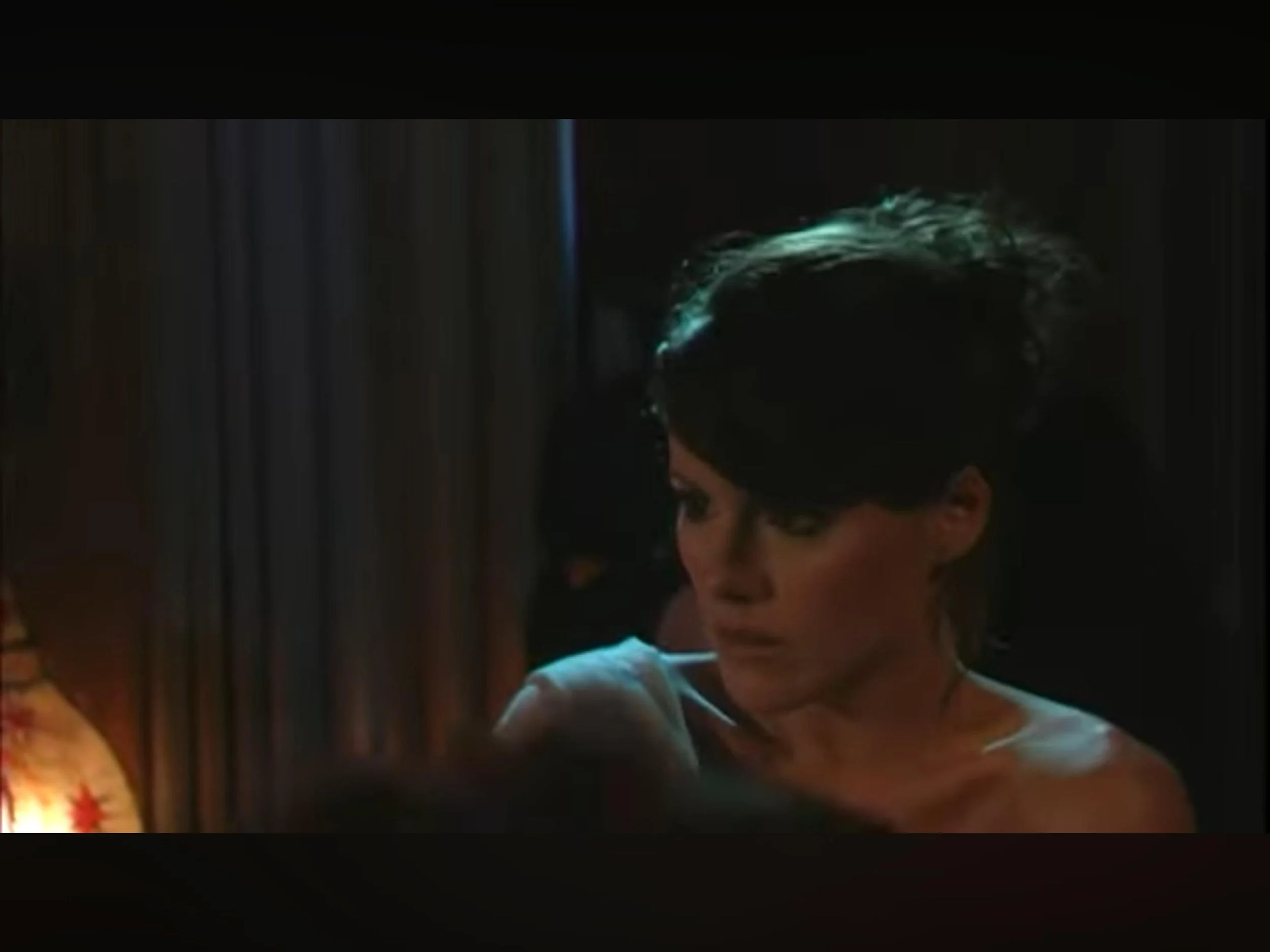Gregory Hatanaka’s Until the Night is a messy, raw, and strangely compelling dive into human desire, boredom, and emotional self-destruction. At its core, the film follows Robert (Norman Reedus), a writer who hasn’t written much lately but is fully invested in a toxic mix of drinking, smoking, and a reckless affair with Elizabeth (Kathleen Robertson), a married woman whose own life feels equally hollow. Their rekindled connection is passionate yet destructive, like two storms colliding with nowhere to go.
Norman Reedus gives a quietly magnetic performance, perfectly capturing Robert’s restless energy, his self-sabotage, and his compulsions—whether smoking, drinking, or navigating fraught personal relationships. Kathleen Robertson matches him with a nuanced Elizabeth, a woman torn between duty, desire, and dissatisfaction. Supporting performances, particularly Sean Young’s enigmatic Cosma and Missy Crider’s grounded presence as Mina, give the film texture and remind us that these aren’t isolated lives—they’re messy, human, and interconnected.
Hatanaka’s direction is unpolished but intentional. The handheld camera work, shaky shots, jump cuts, and POV segments create a visceral, almost voyeuristic feeling, putting the viewer right into the chaotic swirl of the characters’ lives. At times, it feels like a college film experiment—rough around the edges, with sound issues and abrupt voiceovers—but that roughness gives the story a strange charm. Scenes captured on Robert’s video camera add authenticity and intimacy, breaking up the narrative with personal glimpses that feel deeply human.
The film’s narrative structure mirrors the emotional turbulence it depicts. It jumps from interviews to first-person perspectives to fragmented sequences, mirroring the characters’ internal chaos. While this approach can be confusing and occasionally jarring, it also makes the moments of clarity—like the final, heartbreakingly real scenes between Robert and Elizabeth—hit with emotional resonance. These moments are raw and unpolished, yet they feel painfully truthful, capturing both the shame and the fleeting beauty of shared human flaws.
Until the Night is far from a polished cinematic achievement. Its flaws are numerous: shaky cinematography, poor sound quality, and some plot points that feel underdeveloped. Yet, there’s something undeniably human about it, a sense that the film is honestly exploring lives that are chaotic, reckless, and full of contradictions. It’s frustrating, messy, indulgent—but also quietly touching. There’s an odd charm in watching characters spiral, fail, and sometimes find a moment of peace or understanding in the wreckage of their choices.
Ultimately, Until the Night is a flawed but intriguing character study, a film that demands patience and tolerance for its rough edges. For anyone willing to immerse themselves in its raw, intimate world, there’s a strange satisfaction in witnessing its unfiltered, human chaos—a reminder that life, love, and desire rarely come neatly packaged.
Jessie Hobson



